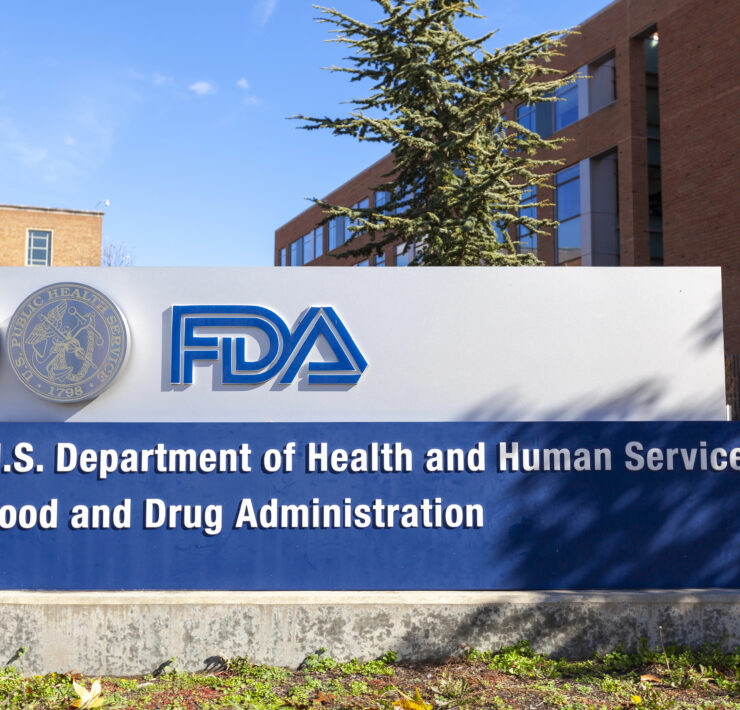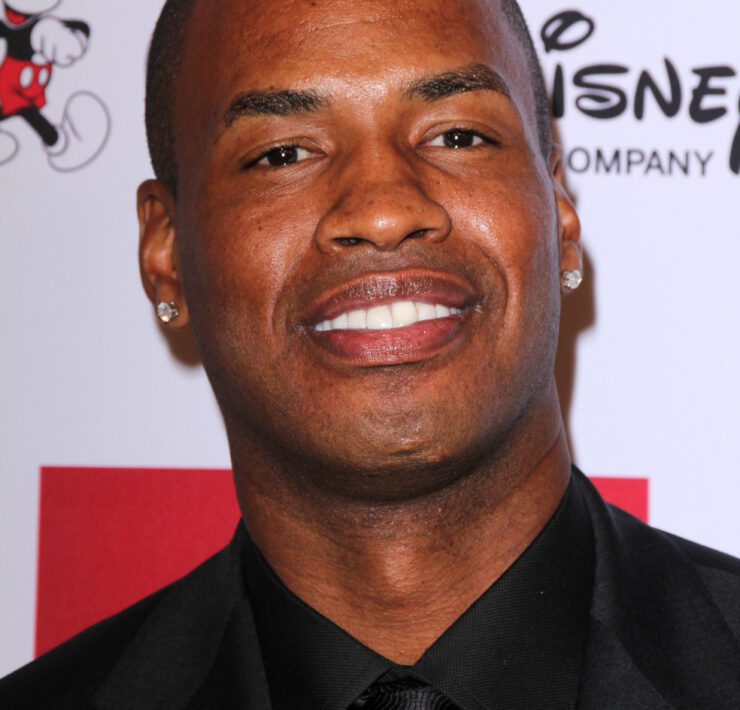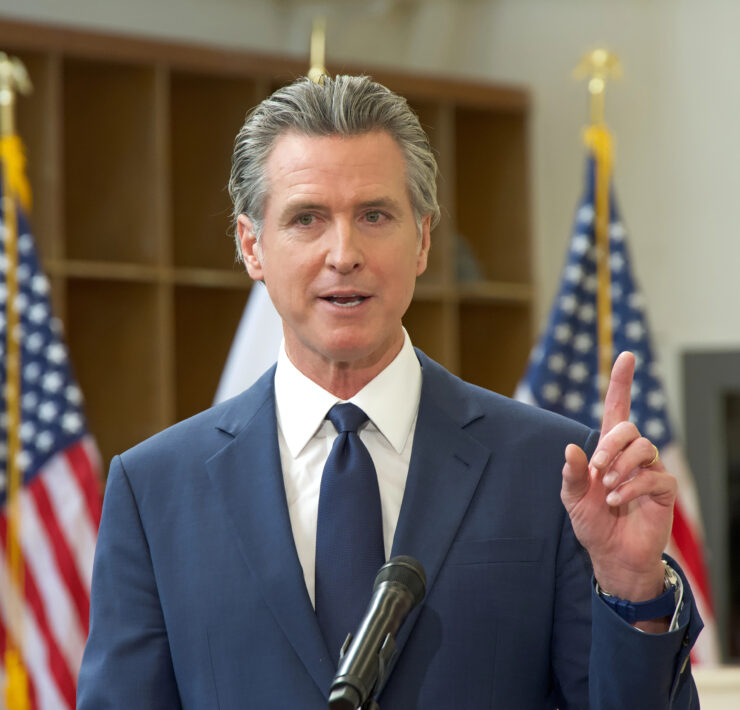CDC Warns Gay, Bisexual Men Have ‘Greater Chance’ of Monkeypox Transmission

Keegan (they/them) is a journalist/artist based in Los Angeles.
As we collectively continue to manage COVID-19, the Centers for Disease Control and Prevention sounded a new alarm this week regarding another ailment: monkeypox. Not only that, but the CDC noted that members of the LGBTQ community could have greater risk of transmitting the virus.
“Some groups may have a greater chance of exposure right now, but by no means is the current risk of exposure to monkeypox exclusively to the gay and bisexual community in the U.S.,” says Dr. John Brooks, chief medical officer for the CDC’s Division of HIV/AIDS Prevention. “Anyone, anyone, can develop (and) spread monkeypox infection, but … many of those affected in the current global outbreak identified as gay and bisexual men.”
Brooks adds, “We want to help people make the best informed decisions to protect their health and the health of their community from monkeypox.”
Before anyone panics about another pandemic, officials note that the threat to the general public is still low because monkeypox doesn’t spread as easily as respiratory diseases like COVID-19. To contract monkeypox, one must touch or share fluids with another person who has contracted the rash.
Captain Jennifer McQuiston, the CDC’s director of the Division of High Consequence Pathogens and Pathology, affirms this.
“What we’re talking about here is close contact,” McQuiston says. “Someone passing someone in the grocery store wouldn’t be at risk for monkeypox.”
Cases are still rising, according to officials. One tally by Johns Hopkins Center for Health Security counted 240 confirmed for suspected cases in 15 countries. McQuiston says, “It is likely that there are going to be additional cases in the United States.”
Monkeypox is an extremely rare viral disease, similar to smallpox but clinically less severe. According to the CDC, the virus typically incubates for seven to 14 days before symptoms appear.
Monkeypox is not a sexually transmitted disease, which is generally passed through semen of vaginal fluid, but it can still be transmitted through sexual and intimate contact, even shared bedding. Brooks says the virus spreads through contact with body fluids and sores, adding that physicians and individuals should be aware of the symptoms associated with monkeypox—namely anal or genital lesions that can be confused with herpes, syphilis, or chickenpox.
“Anyone with a rash or lesion around or involving their genitals, their anus, or any other place that they have not seen it before, should be fully evaluated, both for that rash but particularly for sexually transmitted infection and other illnesses that can cause rash,” Brooks says.
Monkeypox often begins with flu-like symptoms: headache, fever, muscle aches, chills, exhaustion, and swollen lymph nodes. From there, it progresses to body rashes on the face, hands, feet, eyes, mouth, or genitals that turn into raised bumps, then blisters.
At the time of writing, there was one confirmed case of monkeypox and four suspected cases in the U.S., according to the CDC. The confirmed case is a man in Massachusetts, and the four other others are in men in New York, Florida, and Utah.
Brooks also says that the CDC wanted to hold the news conference now ahead of Pride Month, to ensure the LGBTQ community is away of the situation. Some organizations also cautioned the public and reporters against using the outbreak to increase stigma among the LGBTQ community.
“Experience shows that stigmatizing rhetoric can quickly disable evidence-based response by stoking cycles of fear, driving people away from health services, impeding efforts to identify cases, and encouraging ineffective, punitive measures,” says Matthew Kavanagh, deputy executive director of the Joint United Nations Programme on HIV/AIDS. “We appreciate the LGBTI community for having led the way on raising awareness—and we reiterate that this disease can affect anyone.”
The World Health Organization similarly cautioned the public not to use this outbreak as a way to other the LGBTQ community.
“There’s a lot of stigma and discrimination that surrounds many diseases, and I think the key thing we need to look out for is, as WHO, to work with our partners in communities and elsewhere to make sure that the messaging is correct. So while we are seeing some cases among men who have sex with men, this is not a gay disease,” WHO adviser Andy Seale says.
There is no proven, safe treatment specifically for monkeypox, but the U.S. signed a new contract with a Danish company that made a vaccine, approved by the FDA—The $119 million order comes with the option to buy $180 million more in vaccines if needed. The CDC notes that the smallpox vaccine does offer some protection against monkeypox.
The CDC recommends anyone with a new or unexplained rash to seek care from a medical professional. Anyone infected should stay isolated at home, away from other people and pets, should wear a mask, and should cover any lesions until they have healed.
What's Your Reaction?
Keegan (they/them) is a journalist/artist based in Los Angeles.










